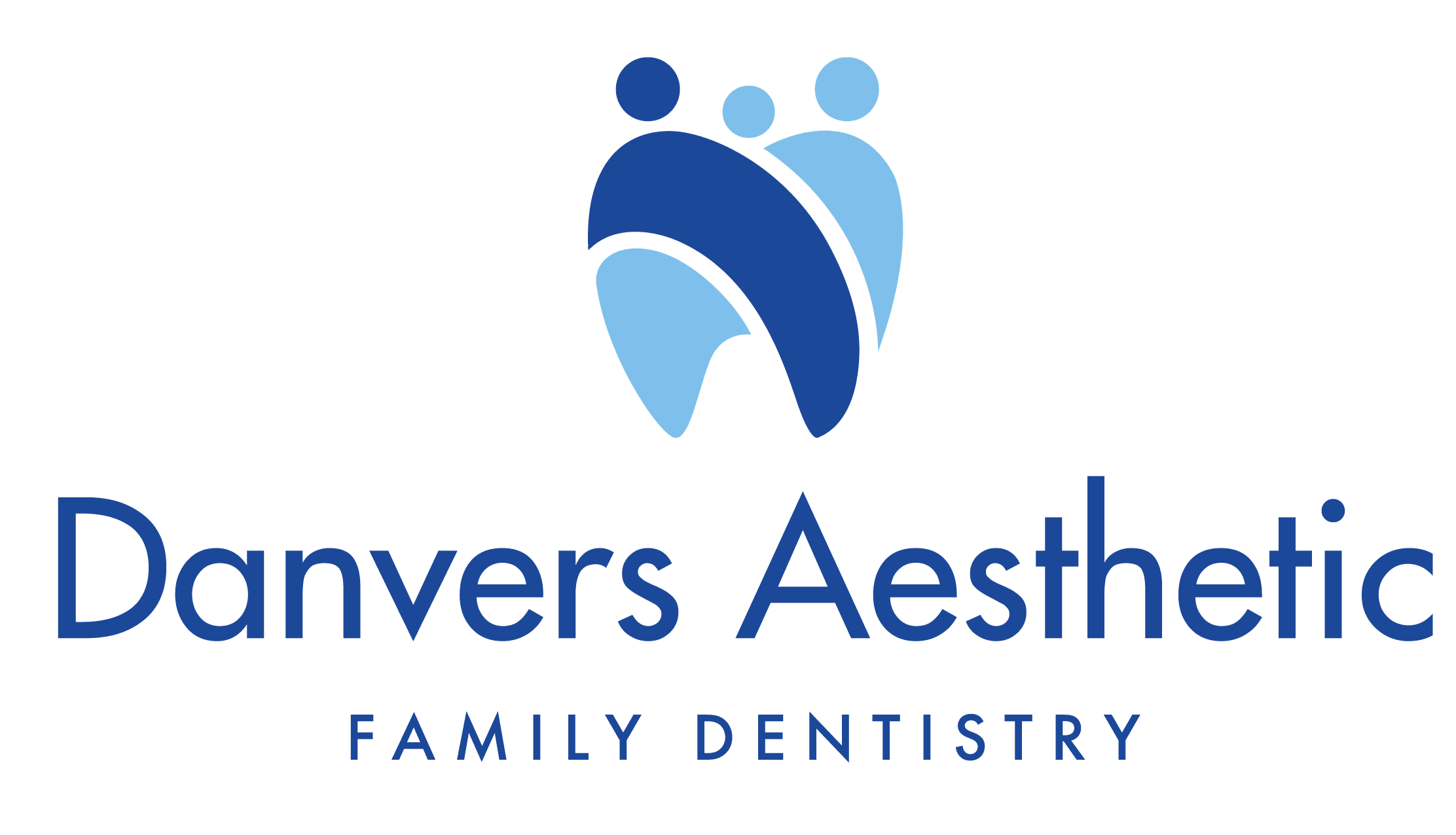Consider receiving artificial replacements like dental crowns and bridges if you have one or more missing teeth. In addition to restoring your lost teeth, these techniques for replacement teeth can treat or prevent many other dental issues.
The definitions of crowns and bridges, dental conditions they can treat, and where to find a dental bridge replacement will be discussed in this article.
How Do Dental Bridges and Crowns Function?
Dental Crowns
Artificial teeth that fit over a tooth to enhance its appearance and strengthen or protect it from further damage are known as dental crowns, also called “caps.”
Dentists can also fuse them onto dental implants to replace missing teeth and improve a patient’s smile.
Dental crowns are made from numerous materials, including resin, porcelain, gold, and metals, to meet patients’ demands.
Depending on the material chosen, the crown can be strong, durable, and complementary to the surrounding teeth in tone and texture.
Dental Bridges
A dental bridge is positioned between two healthy adjacent teeth to replace one or more missing teeth.
Two crowns and a tooth bridge are the components of dental bridges. These parts serve as a replacement for the missing tooth or teeth and sit on the gums.
The dentist attaches these crowns to the teeth on each side of the gap, whether natural teeth or dental implants, to hold the bridge in place.
Dental bridges can be made from a variety of materials as well. Your preferences, your financial situation, the teeth you’re replacing, and your dentist’s preferences will all play a role in which bridge tooth replacement is ideal for you.
Dental Bridges or Crowns Can Correct Problems
Dental bridges and crowns are excellent solutions for various dental issues and can be very helpful in preserving your oral health.
Crowns or bridges can treat, control, or prevent the following problems:
Deep Cavities or Weak Big Fillings
If you have a large filling or significant deterioration, the nearby bone will be weak and more prone to breaking (at least half the width of your tooth).
Because the teeth could break or the cavity could worsen, closing the cavity in this situation would only be a temporary fix. Getting a dental crown will likely address the issue, protect your teeth from further damage, and prevent it from happening for a very long time.
Teeth With Chips, Cracks, Or Breaks
Dental crowns can restore the aesthetics of a chipped, cracked, broken, or severely damaged tooth. Fillings, inlays, and veneers cannot. The crown will strengthen the tooth, keep it in place, and guard against dental infection if the damaged tooth is in danger of coming out.
Repairing Enamel
Too-vigorous tooth brushing and consuming acidic foods and drinks can lead to enamel loss. You may have tooth discomfort and discoloration if your enamel is seriously compromised. Fortunately, crowns and bridges can help resolve the issue and improve the tooth’s size, shape, and appearance.
A crown will likely be necessary to strengthen and protect your tooth after a root canal or restore its structural integrity and functionality. A root canal frequently makes the tooth weaker and increases the chance of fracturing or shattering by leaving the tooth empty.
Cosmetic Issues and Crooked Teeth
More than just your ability to grin, gaps between your teeth can alter the form of your face and jawline. Your risk for enamel erosion, gum disease, dental decay, and temporomandibular joint (TMJ) issues may increase if your teeth shift and generate an uneven bite.
Fortunately, a dental crown or bridge from your dentist may enhance the look of your tooth, take care of misalignment issues, and increase your confidence in your smile.
Speech and Pronunciation Issues
The front teeth must be used to form and enunciate certain words or sounds. Getting a dental crown or bridge will help restore your teeth and resolve your pronunciation problems if missing teeth make it tough for you to speak consistently.
Weak Teeth and Difficulty Chewing
Crowns and bridges also help restore the bite and chewing force and reinforce the teeth. They also protect teeth from misalignment and equally disperse the force of chewing on neighboring teeth. By doing this, you’ll be able to chew food properly and avoid issues brought on by poor chewing.
Conclusion
Are you prepared to regain your natural tooth’s functionality and smile? To prevent and treat dental problems and regain confidence in your smile, get the best dental crowns and bridges done by the best dentist in Danvers, MA.
At Danvers Aesthetic Family Dentistry, we provide dental services to keep your mouth healthy and your smile radiant. Make an appointment with a dentist in Danvers, MA today.

